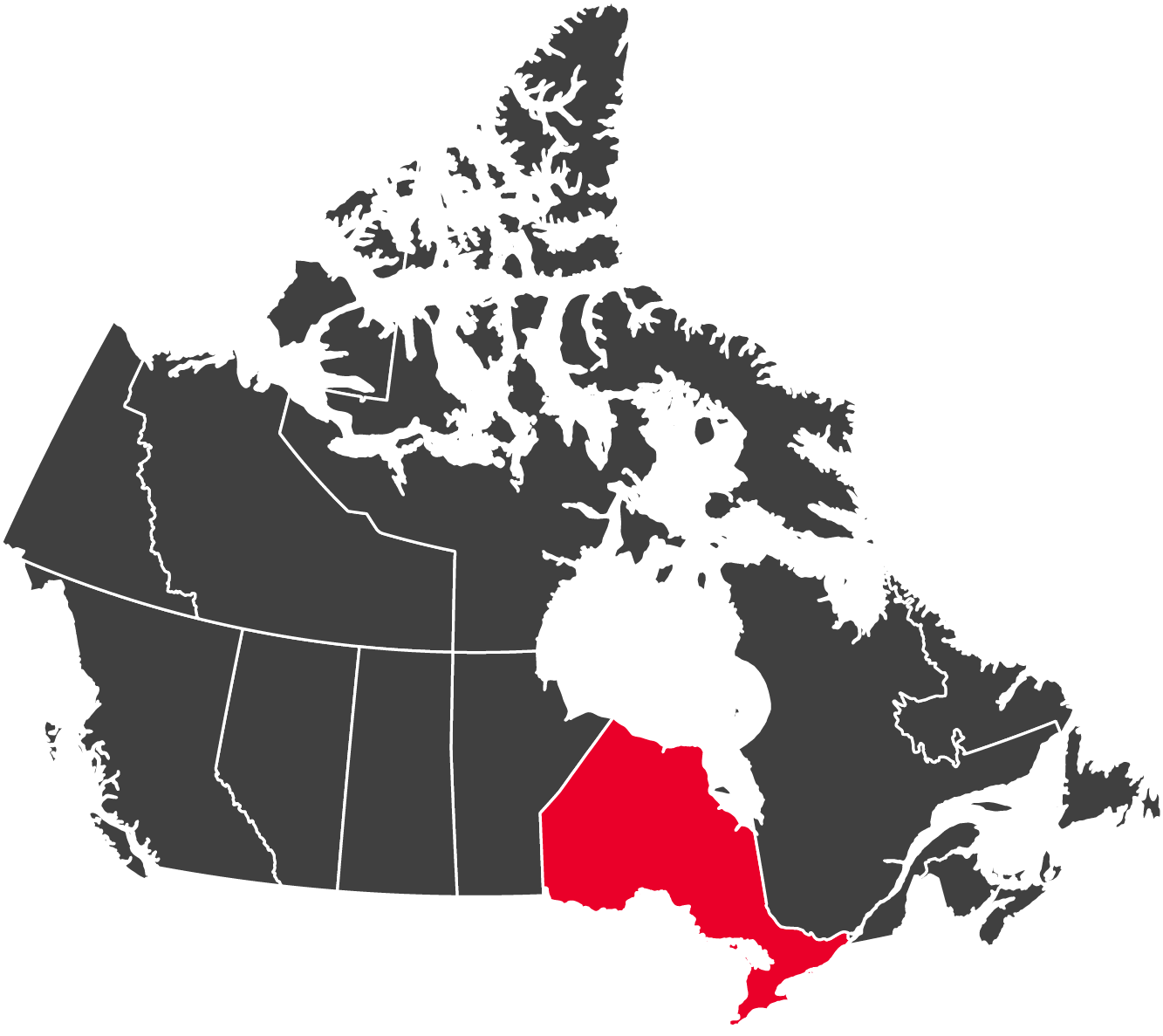Home Insurance in Ontario
Your home is very likely to be the most valuable asset in your life. These days, your home can be a refuge from the COVID-19 pandemic, a place to work from, or an invest ment. Home is where your family is. Whatever the case, it makes sense to protect your home and your family against the perils that the modern homeowner might face.



















